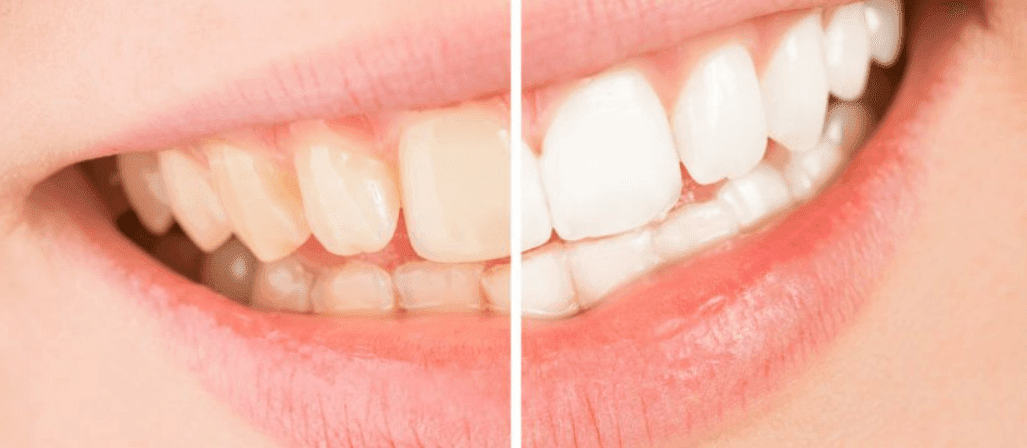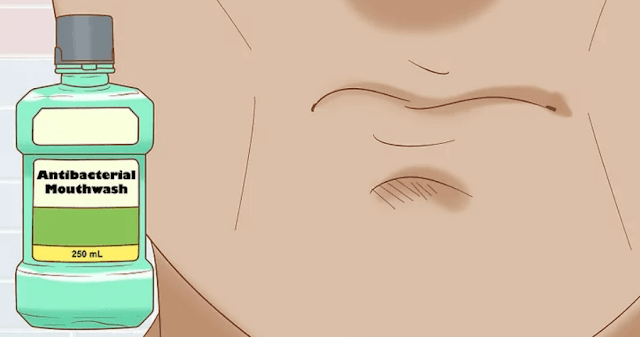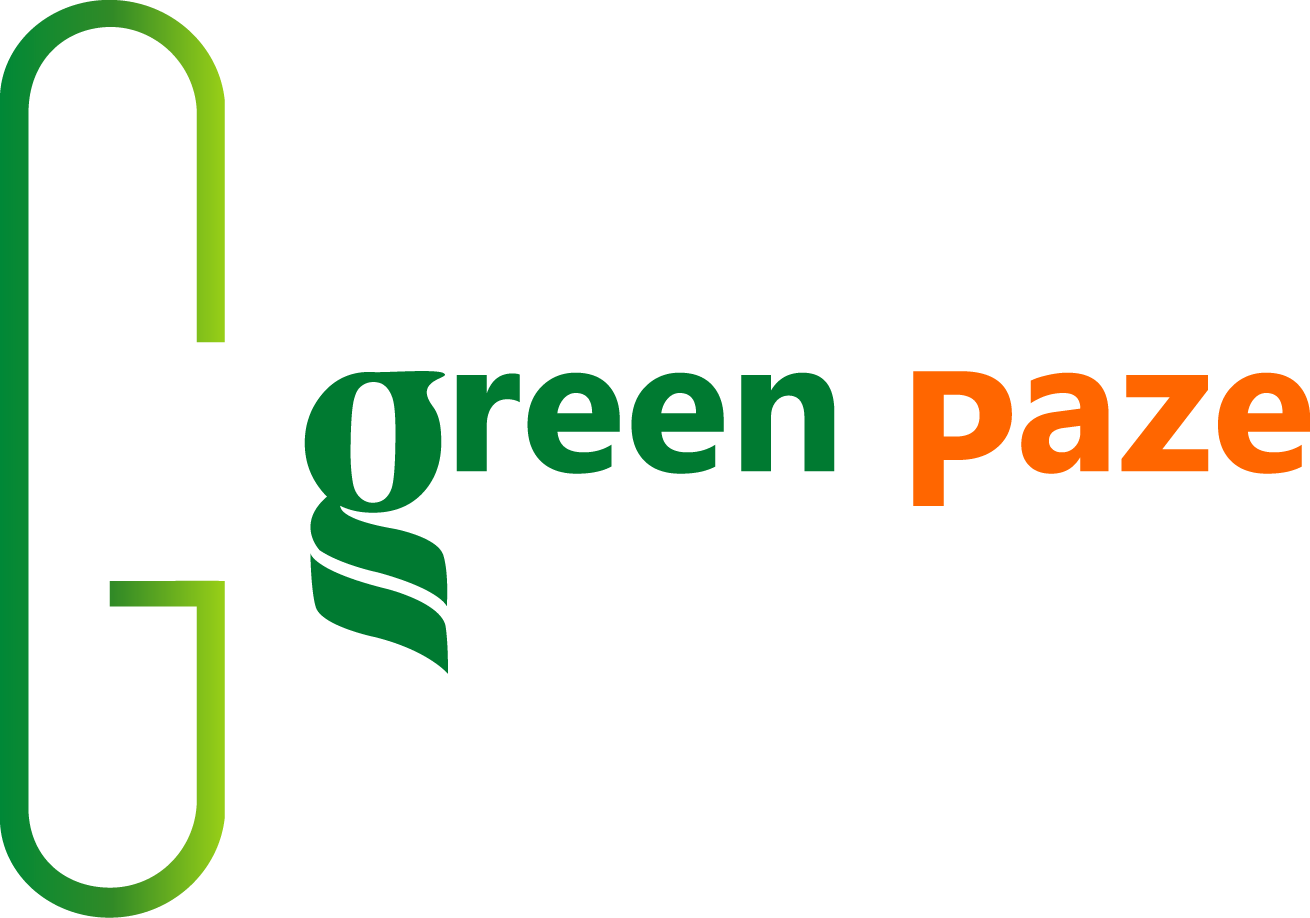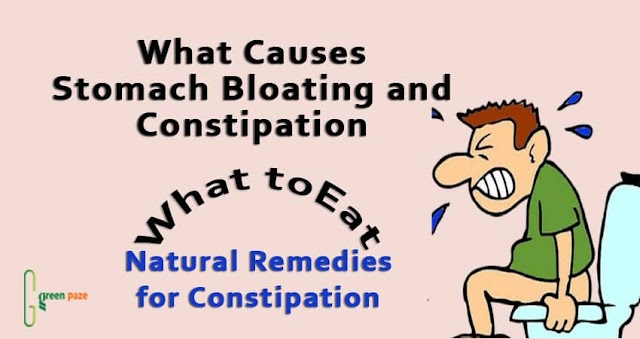
When it comes to kicking off the day, as many people do, you can rely on a cup of coffee. Have you ever wondered what it does to your teeth? Coffee lovers beware: the morning routine can ruin your teeth.
According to a 2010 study by the National Coffee Association in the United States (USA), 54% of Americans aged 18 and over drink coffee every day. An average of $ 2.45 is spent on an espresso-based drink. Meanwhile, $ 1.38 is fished out of the bag for a cup of brewed coffee.
Coffee not only gives you a boost of energy but also offers many health benefits, such as a reduced risk of cancer, stroke, and diabetes; however, your dentist is concerned about drinking coffee frequently. Believe it or not, it can damage your teeth. If you can't skip your cup of coffee in the morning, here's what you need to know to keep your smile healthy.

Why Does Coffee Stain Your Teeth?
Roasted coffee contains micronutrients (polyphenols) called tannins. Tannins are powerful antioxidants, anti-inflammatory, and antibacterial. But in coffee, they're considered chromogenic agents that allow color compounds to stick to your teeth.
A cup of coffee a day is enough to turn your teeth yellow. Tannins break down in the water and are absorbed into your tooth enamel, where they can build up if left unchecked. They do not discolor teeth but allow other dyes to be absorbed by enamel and dentin.
Some research tells us that drinking an acidic beverage before your cup of coffee can worsen the degree of tooth discoloration. Coffee also contains chlorogenic acid (CGA) compounds that can cause external enamel discoloration.

Other Food and Drinks That Stain Teeth
Of course, coffee isn't the only culprit for tooth discoloration. To maintain a white smile, be wary of other foods and drinks that can leave a yellowish tint. These include:
💦 Red wine
💦 Berries (blueberries, blackberries, cherries)
💦 Tomato and tomato sauces
💦 Colas
💦 Black tea
💦 Popsicles
💦 Hard candy
💦 Sports drinks
How To Avoid Tooth Discoloration?
Limit Your Coffee Intake
Green tea is a healthy alternative to replace coffee. Provides long-lasting mental alertness without the baggage of power outages and discolored teeth.
If you have to drink coffee, limit your intake to two cups a day.
Use a straw
Using an iced coffee straw is not a foolproof way to prevent coffee stains, as the back teeth are still affected. But practice can keep coffee stains away from more visible teeth. The downside is those back teeth are more difficult to clean and require regular dental check-ups to prevent discoloration.
One of the best things you can do to keep your teeth (and the rest of you) healthy is to quit smoking.
Add The Cream or Milk
Dairy products contain the protein casein, which binds to the tannins in coffee and prevents them from getting on the enamel. Creamers can accelerate the growth of bacteria that discolor the mouth.
The same goes for sugar, so take these products in moderation as they can speed up the discoloration of your teeth.
Drink a Cup of Water
Get into the habit of drinking some water after coffee. This will wash away any remaining tannins before they have a chance to settle on the glaze.
Eat Certain Foods
Strawberries, lemons, carrots, and other raw products contain high amounts of natural fiber which can break down bad bacteria. Eating raw fresh fruits and vegetables is therefore one way to prevent the buildup of tooth-staining bacteria in the mouth.
Eat Foods Rich in Calcium
It is significant to watch what you eat and drink. To keep up whitening your teeth, always brush after eating or drinking things that stain your teeth, and make sure to add calcium-rich foods to your diet. Calcium helps you prevent erosion of tooth enamel.
Choose Drinks with Less Caffeine
This may be more difficult for some, as caffeine is one of the reasons people drink things like coffee. The more caffeine a drink contains, the more potent the color effects will be.
For instance, decaffeinated coffee contains fewer polyphenols than regular coffee. Keep this in mind when shopping for a favorite drink.
Brush Regularly
There are better ways to brush your teeth after drinking coffee, so avoiding brushing your teeth right after is much more beneficial. Before or after brushing, rinse with an antibacterial mouthwash. This type of mouthwash helps prevent plaque buildup. Since plaque is more likely to get stained, it's a good idea to reduce the buildup as much as possible. Try blending it twice a day, like after breakfast and lunch.

However, regularly brushing your teeth and flossing is key to preventing plaque and bacteria from building up in your mouth.
Use Whitening Toothpaste
Try a whitening toothpaste to whiten over time. Whitening toothpaste isn't as effective as other whitening products, but it can help. However, replacing regular toothpaste with whitening toothpaste is an easy trade-off.
Look for those that use peroxides for bleaching instead of abrasives. Abrasive toothpaste can wear down your enamel over time, making your problems worse. You can combine these toothpaste with whitening mouthwashes for a stronger effect.
The Bottom Line
There are many ways at home that you can try to whiten your teeth. The best way to whiten your teeth is to prevent stains before they develop and to continue to practice good oral hygiene.












1 Comments
Nice post
ReplyDelete